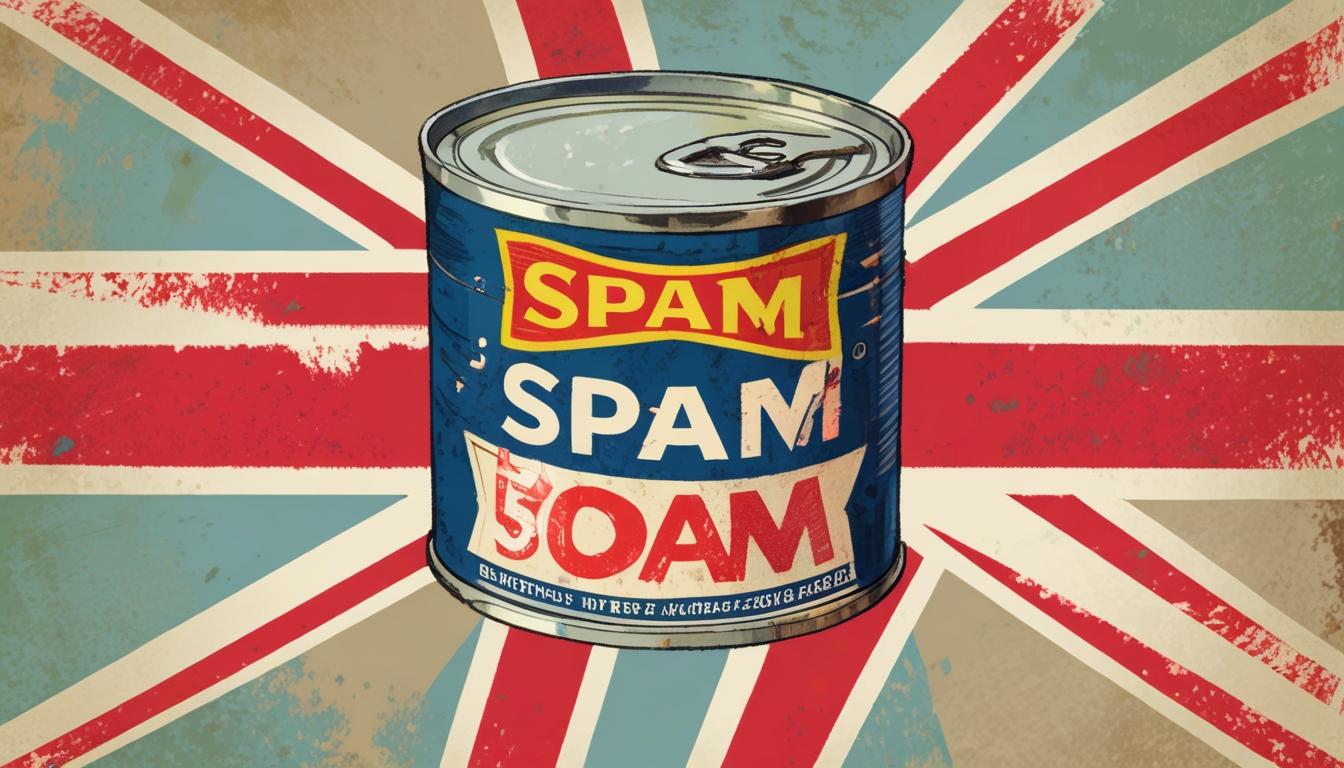In a surprising culinary resurgence, Spam, the highly processed pork product first introduced during World War II, is experiencing a renewed popularity, particularly as the UK commemorates the 80th anniversary of Victory in Europe (VE) Day. This resurgence coincides with a broader trend towards nostalgic foods, as consumers seek out pantry staples reminiscent of wartime Britain.
According to Waitrose, a leading British supermarket chain, sales of Spam have surged by 48% compared to the previous year. Other wartime staples such as corned beef are up by 64%, with mixed dried fruit experiencing a notable increase of 90%. Imogen Livesley, an archivist at Waitrose, noted that as the 80th VE Day anniversary approaches, many customers are returning to "the comforting familiarity of foods popular in wartime Britain." She added, "It seems the taste of history is proving a popular ingredient in commemorating the anniversary."
The VE Day commemorations set to begin on the May bank holiday reflect the collective memory of food during wartime. Spam, which became a staple due to its convenience and long shelf life, was introduced to British markets in 1941 as part of the Lend-Lease programme, ensuring a reliable protein source even amidst food shortages. Additionally, the product has a legacy as a cultural icon; it even featured in an infamous Monty Python sketch, emphasising its entrenched place in British humour and culture.
Gordon Ramsay, the renowned chef, has openly praised Spam, describing it as a "childhood staple." Speaking about its culinary versatility in his National Geographic series Uncharted, he shared a recipe for Hawaiian Spam sandwiches. The sandwich, enhanced by a teriyaki glaze, miso mayonnaise, and grilled pineapple, showcases Spam's potential in modern cuisines.
Social media platforms, particularly TikTok, have become hotspots for culinary creativity surrounding Spam. Influencers like Oliver Adkins, known as Ollie Eats, and Marina Georgallides have taken to the platform to present innovative dishes featuring Spam. Adkins has gained traction with his mini Yorkshire pudding hors d'oeuvres filled with mashed potatoes and Spam, while Georgallides proposed an airfried version, seasoned with a gochujang sauce.
Sorted Food, a popular YouTube channel with nearly three million subscribers, has also embraced this culinary revival, featuring varied recipes on their app. Head chef Kush Bhasin highlighted the adaptability of Spam in dishes like robust ragus for pasta, revealing the ingredient's versatility.
As consumer interest increasingly trends towards these nostalgic foods, it reflects a deeper connection to historical culinary practices during a significant era. The ongoing success of Spam not only underscores its lasting appeal but also captures a moment where food acts as both a remembrance of the past and a bridge to contemporary cooking practices. As more people engage with these wartime cuisines, it is evident that Spam—almost 90 years after its inception—remains a beloved element of the British diet.
Source: Noah Wire Services
